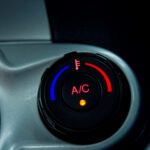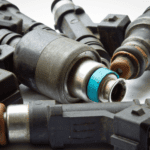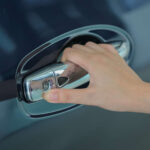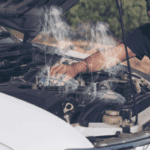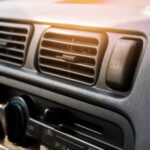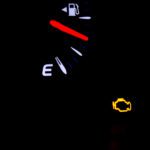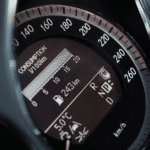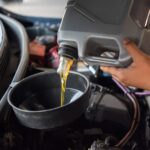Experiencing a misfiring engine can be a highly stressful situation, particularly when driving. When the engine hesitates or fails to accelerate correctly, it can lead to hazardous outcomes. It then leads to the question of what caused the misfire. Could it be the catalytic converter?
Catalytic converters are sensitive pieces of equipment that remove harmful carbon emissions from exhaust gases and, by doing this, assist in regulating the amount of fuel injected into the engine for combustion. Minor changes through a faulty supporting component could cause a defect in the catalytic converter and, ultimately, a misfiring engine, although the catalytic converter won’t necessarily be the direct cause; usually, something else has caused the catalytic converter to fail in the first place. I’ve explained this in more detail in this article.
Can a Bad Catalytic Converter Cause a Misfire?
Yes, a faulty catalytic converter can cause a misfire, but it may not be the sole cause of the problem. A catalytic converter that is causing a misfire will likely be blocked. Here’s the issue: a clogged catalytic converter is not usually caused by the catalytic converter but by one of the supporting components, and it doesn’t happen overnight.
On either side of a catalytic converter is an oxygen (lambda) sensor, or o2 sensor for short, which has two main jobs: to detect the oxygen in exhaust gasses so it can help the ECU make adjustments to the fuel mixture. The other job is to see the temperature levels of exhaust gasses, again making necessary adjustments when required.
The bad news is a faulty o2 sensor can cause a misfire and cause the catalytic converter to fail. To explain, a faulty catalytic converter may detect a high oxygen content in the exhaust gasses, which may not be correct; the o2 sensor will prompt the ECU to react by adding more fuel for combustion. An imbalance in the fuel/air mixture will result in unburnt fuel reaching the exhaust system and the catalytic converter. The unburnt fuel does not get filtered by the catalytic converter and starts to create a blockage. With a blocked catalytic converter, the pressure rises; this pressure has nowhere to go but to be forced back into the engine cylinder, causing a misfire. High exhaust pressure can also cause the car to shut off or blow a hole in the exhaust towards the front, where you may have a weak joint depending on the age of the exhaust.
So, not only would the catalytic converter need cleaning or replacing, but the other fault would also need rectifying, i.e., replacing the o2 sensor at the same time to prevent it from happening again.
What Problems Can a Bad Catalytic Converter Cause?
A bad catalytic converter can cause several issues restricting you from driving the vehicle normally; the problems to look out for are:
- Engine misfire – An engine misfire makes the vehicle undrivable with an enormous loss of power. A blocked catalytic converter will likely be the cause.
- Loss of power under acceleration – A loss of power or engine hesitation when accelerating without a misfire could be caused by a partially blocked catalytic converter or a vehicle under fuelling. The catalytic converter might not be the cause but could add to the issue.
- Engine management light illuminated – Oxygen sensors are connected to the engine management system (ECU) in front and after the catalytic converter in the exhaust system. One of the sensors will pick up an issue inside the catalytic converter and warn you via the dashboard light.
- Poor fuel economy – The oxygen sensor will pick up a problem inside the catalytic converter, thinking it needs to add more fuel to counteract the issue.
- Failed emissions test – A catalytic converter removes hydrocarbons from exhaust gasses that harm the environment. When faulty, as you would expect, it’s not doing its job, thus failing an emissions test.
- Eggy Smell in the car – A blocked catalytic converter will have a foul egg smell, a distinctive smell caused by sulfur burning rather than being converted into an odorless gas.
- Blowing exhaust – A blowing exhaust caused by a clogged catalytic converter will likely force the exhaust to blow in weaker areas such as joints. You may sense a burning smell or hear it when an exhaust leaks.
- Car shuts off or struggles to start – A catalytic converter that is severely blocked could cause the vehicle to shut off and struggle to restart; this is because of a build of exhaust gasses being forced back into the engine, starving it off the oxygen needed for combustion.
- Rough idle – Partially blocked catalytic converters can impact the vehicle when idling but may not be noticeable when driving. Although, this is usually at the beginning of the fault.
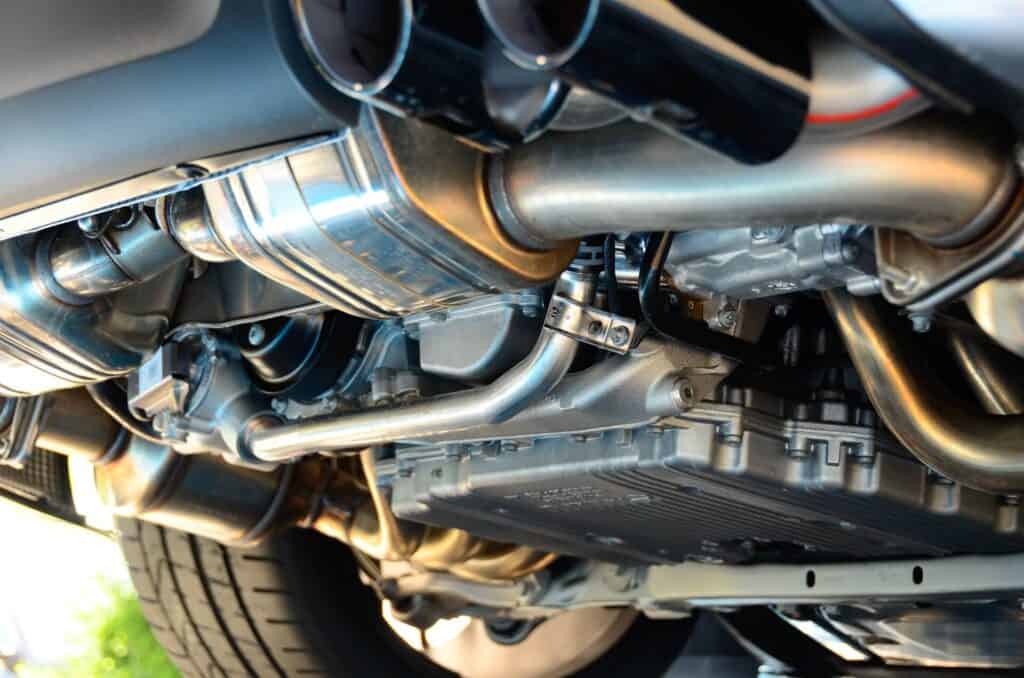
What Causes A Catalytic Converter To Fail?
A catalytic converter can fail for various reasons, but the most common cause is a clogged converter. The catalytic converter contains a honeycomb of precious metals that filters and absorbs harmful gases. When the honeycomb overheats, it melts and becomes obstructed, causing it to no longer remove the toxic gases. This can be caused by age or fueling-related issues.
One of the other causes of a failed catalytic converter is a weak or poorly designed catalytic converter, such as cheap aftermarket versions. The honeycomb in these catalytic converters can become loose and rattle around while driving. As the honeycomb brick breaks down, the valuable components are forced out of the back of the exhaust, rendering it useless in removing hazardous gases.
Can You Drive With a Misfire?
I do not recommend driving with a misfire; it is unsafe and can damage the engine. A misfire indicates that your engine is not running on all cylinders. For instance, if your car has a four-cylinder engine, it will only run and ignite fuel in three cylinders, making it almost undrivable.
Although you can attempt to drive with a misfire, it risks causing unnecessary damage to components such as the catalytic converter and engine internals. Also, matching the traffic speed on faster roads will be almost impossible.
Other Reasons for an Engine Misfire
An engine misfire may not be related to the catalytic converter at all; there are various other causes, such as:
- Faulty ignition system
- Fuel delivery issues
- Vacuum leaks
- Electrical problems such as a faulty sensor or wiring issue
- Engine mechanical problems such as low compression
- Clogged fuel injector
- Incorrect fuel mixture
- Timing issues
- Overheating engine
An engine misfire means a sensor has a detected fault. This means that to determine the causes, you may need to plug the vehicle into a diagnostic machine to read any stored fault codes and which sensor picked up the issue so that it may be rectified.
Can a Misfire Cause a Catalytic Converter to Fail?
If there is a misfire in your car engine due to some other issue, it could damage the catalytic converter. If the engine is not running smoothly, it may try to force additional fuel into the engine cylinder for combustion, which can result in a rich fuel mixture. Over fuelling of a vehicle can cause unburnt fuel to be forced into the exhaust system, leading to issues with the catalytic converter.
Also, an engine overfilled with oil can force excess oil into the exhaust system, causing damage to the catalytic converter and other exhaust components, EGR valves, and DPF systems (if present in your car).
Summary
To briefly summarise, can a catalytic converter cause a misfire? The answer is yes; the catalytic converter could cause a misfire, but not entirely, as you might think. The misfire will usually be caused by one of the supporting components not performing correctly. Driving with a misfire will also cause the catalytic converter to fail, so it is a no-win situation; it either will fail or has failed, adding to the misfire.
Replacing a catalytic converter is reasonably straightforward but will ideally require a ramp. Due to the many other causes for an engine misfire that may require a diagnostic machine, I strongly recommend that a mechanic confirm the fault before replacing the catalytic converter, assuming that will be everything. The last thing you want to do is replace the catalytic converter again two weeks later because the problem was never corrected.
